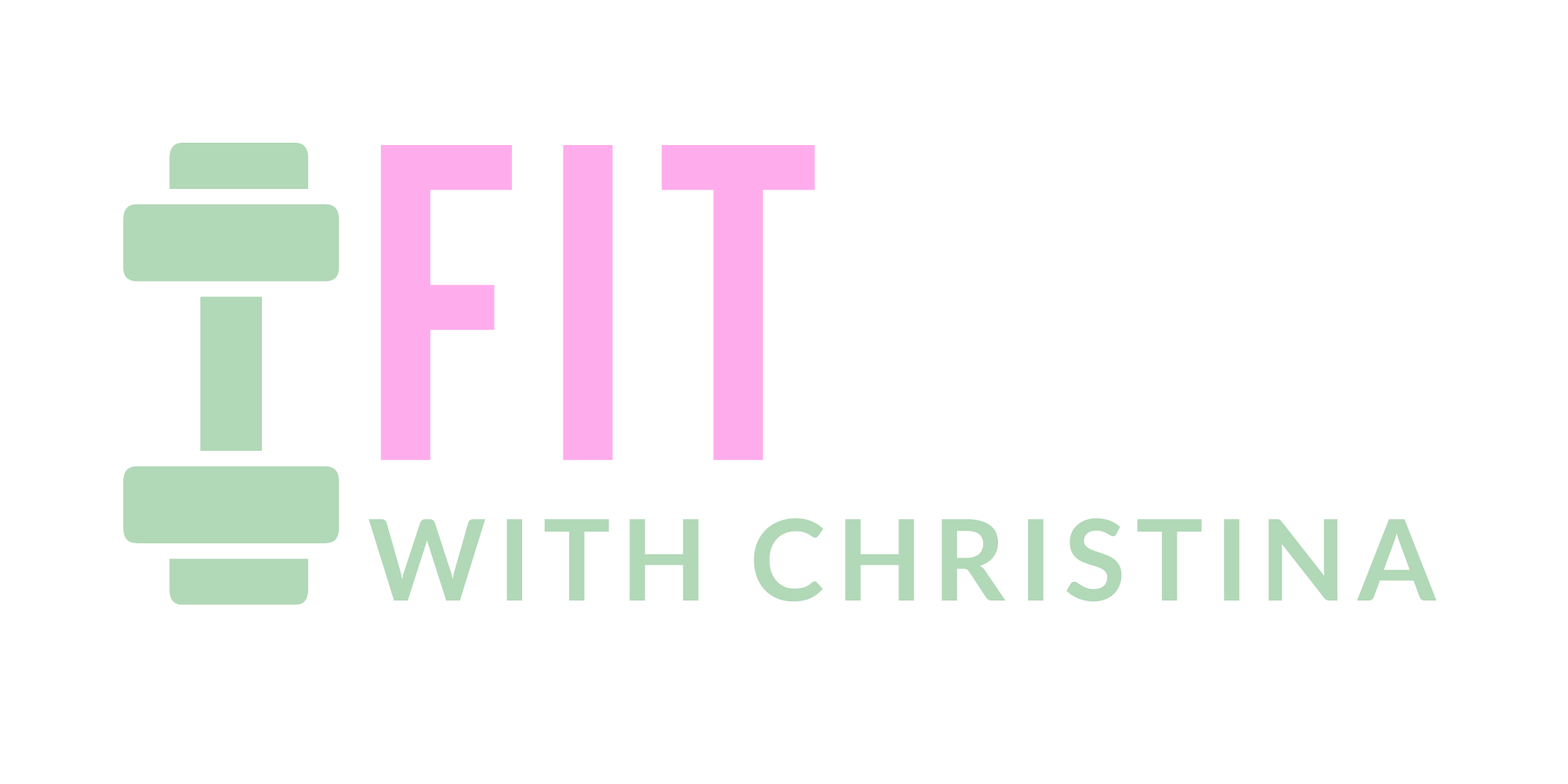I hear it all the time: “I am just not motivated to exercise”. This phrase gets used a lot when it comes to working out or making a healthy change in lifestyle. It hits regular exercisers as well as those looking to start a fitness routine. It can come out of nowhere when you’re just having a “day”, and you don’t feel like exercising. Also, the lack of motivation may be preventing you from getting started in fitness. I do have days where I just don’t feel like working out. I think it happens to everyone at one time or another and it’s totally normal! Sometimes we can push past it but sometimes it is important to think about why it’s happening since it may be a signal that your body needs rest. If it happens a lot or it is a barrier preventing you from starting, it is important to delve deeper to see what exactly is holding you back. I work with my health coaching clients one to one on this exact topic all the time. An active brainstorming session can help to reveal the barriers and how to overcome them. Please feel free to contact me directly to schedule a discovery call to see if this could be beneficial for you.
Motivation is defined as: a psychological state that drives a person to take action, accomplish tasks, set and pursue goals, or engage in specific behaviors. It is the force that prompts us to work toward achieving desired outcomes. Motivation can be influenced by a variety of factors, including personal goals, values, rewards, emotions, and external pressures. It is crucial for maintaining productivity, making progress, and achieving success in various aspects of life.

Getting motivated to start exercising or to maintain a regular workout routine can be challenging. We’ve all been there, where the comfort of the couch seems more appealing than breaking a sweat. However, staying motivated and committed to exercise is crucial for our physical and mental well-being.
In my opinion, finding and defining your “why” is critical to motivation. If you don’t have a reason to exercise, “get healthy”, fuel your body in a healthy way, etc, it will be very hard to stay motivated. Finding your “why” provides a powerful source of inspiration and a deep sense of purpose. When you understand and connect (or reconnect) with your “why,” you’re more likely to stay committed and motivated in your fitness journey. Here’s why it is so crucial for consistency and sustainability:
- Clear Purpose: Your “why” gives you a clear and specific purpose for exercising. It defines what you want to achieve and why it’s important to you. This clarity helps you stay focused and determined.
- Intrinsic Motivation: When your “why” is deeply personal, it taps into your intrinsic motivation. Intrinsic motivation is the kind that comes from within, driven by your values, desires, and personal satisfaction, rather than external factors like social pressure or rewards.
- Long-Term Commitment: External motivators like the desire for a beach-ready body or fitting into a dress may wane over time. In contrast, a personal “why” provides a lasting and sustainable motivation that keeps you engaged in the long run.
- Resilience: Having a strong “why” helps you overcome setbacks and challenges. When you encounter obstacles, you can remind yourself of your underlying purpose, which can give you the strength to push through difficulties.
- Consistency: A clear “why” encourages consistency. When you understand why you’re working out, you’re more likely to stick to your exercise routine, even on days when you don’t feel like it.
- Emotional Connection: Your “why” often has emotional significance. It can be tied to your desire for improved health, increased energy, stress relief, or wanting to set a positive example for your family. Emotions can be powerful motivators.
- Goal Achievement: Your “why” serves as a compass for setting and achieving fitness goals. Whether it’s weight loss, improved strength, enhanced endurance, or increased confidence, your “why” guides your objectives and milestones.
- Measuring Progress: When you have a clear “why,” you can measure your progress against it. As you see yourself getting closer to your goals, it reinforces your motivation to continue working out.
- Personal Growth: Your “why” can extend beyond physical benefits and lead to personal growth. Achieving your fitness goals can boost self-esteem, resilience, and a sense of accomplishment.
- Positive Habit Formation: Once you establish the habit, it requires less effort to maintain, making it easier to stay motivated.

Here are some ways to help you get and stay motivated for exercise:
- Health and Well-Being: Focus on the health benefits of exercise, such as improved cardiovascular health, increased energy, weight management, and reduced risk of chronic diseases. Consider how exercise contributes to your overall well-being.
- Personal Goals: Set specific, achievable fitness goals. Whether it’s running a 5K, losing weight, gaining muscle, or improving flexibility, having clear objectives can provide strong motivation.
- Enjoyment and Variety: Choose exercises and activities you enjoy. Mixing things up prevents boredom and plateaus. If you like what you’re doing, it won’t feel like a chore, and you’ll be more likely to stick with it.
- Accountability: Partner up with a workout buddy, join group classes, join fitness communities, or share your fitness goals with a friend or family member. Consider signing up for a charity walk or run in your community! Accountability can be a powerful motivator.
- Track Your Progress: If it rings true for you, document your progress through workout logs or fitness apps. Seeing improvements can definitely boost motivation.
- Routine and Habit Formation: Establish a regular workout schedule. Over time, exercise can become a habit, making it easier to stay motivated.
- Keep it Positive: Sometimes a new workout outfit, a piece of equipment or scheduling a post workout massage can be a powerful motivator.
- Mental Health Benefits and Self-Care: Exercise can improve your mental health, reduce stress, and boost mood. View exercise as an act of self-care and self-love. Sometimes, the mental benefits of exercise can be more motivating than the physical ones.
Finding your “why” is like having a guiding light on your fitness journey. It empowers you to push through challenges, stay consistent, and experience the long-term benefits of regular exercise. Your “why” is unique to you, so take the time to explore and understand your personal motivations for staying active – it’s a key to maintaining your motivation.
Remember that motivation can fluctuate, and it’s normal to have ups and downs. I personally have never regretted a workout or making a healthy choice! The key is to remember and connect to your “why”, to find what inspires you personally and use that motivation to create a sustainable exercise routine that aligns with your goals and values.

